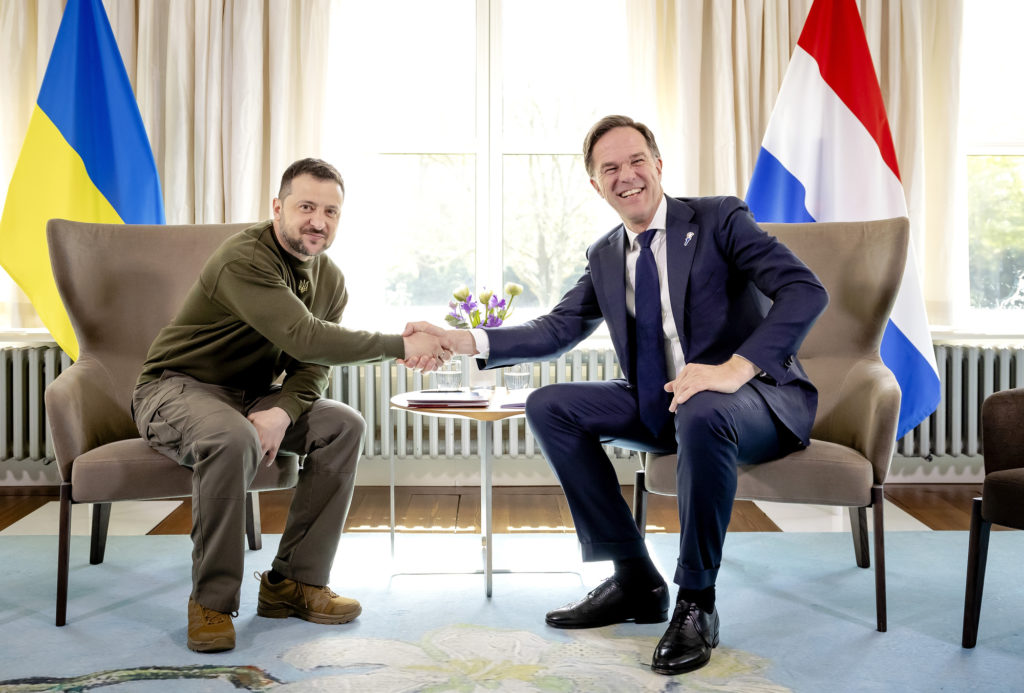New NATO Chief Rutte: Ukraine’s struggle persists amid tough battlefield conditions
Rutte highlighted the steep cost of the war for Russia, which has seen up to 1,000 daily casualties.


The new NATO Secretary General, Mark Rutte, has emphasized the importance of supporting Ukraine by Western allies and noted that the current situation on the battlefield is difficult, as per UkrInform.
His statements came during his first press conference in Brussels in response to a journalist’s question about whether Ukraine would win and what allies could do to help.
“I am impressed by what Ukraine is doing. It has shown its determination and inventiveness. They can push back Russian forces. If you ask me what the current situation on the battlefield is, it remains difficult,” Rutte said.
The official said Ukraine is fighting this war in self-defense. On one hand, the Ukrainian army is holding part of Russia’s Kursk Oblast, but on the other hand, Russian forces “have achieved some limited successes on the battlefield.” However, he noted that “this progress, according to the latest estimates, has come at a high cost.”
He pointed out that Russian losses amount to 1,000 killed or wounded per day.
“It means that approximately 500,000 soldiers have been killed or wounded,” he added.
Mark Rutte, the former prime minister of the Netherlands, replaced Jens Stoltenberg as NATO Secretary General on 1 October. During his term as prime minister, the official actively supported Ukraine during the all-out war in Ukraine.
In 2023, Rutte was awarded the “Order of Prince Yaroslav the Wise, I Degree” for his significant personal contribution to strengthening cooperation between Ukraine and the Netherlands and supporting the country’s independence and territorial integrity.
Read also:
- Reuters: No meeting set between Trump and Zelenskyy during UN visit yet
- EU’s Borrell urges increased aid to protect Ukraine’s energy infrastructure from Russian attacks
- NYT: Biden faces pressure to allow Ukraine longer-range strikes on Russia
- Bloomberg: Russia to boost military spending by 27% in 2025



